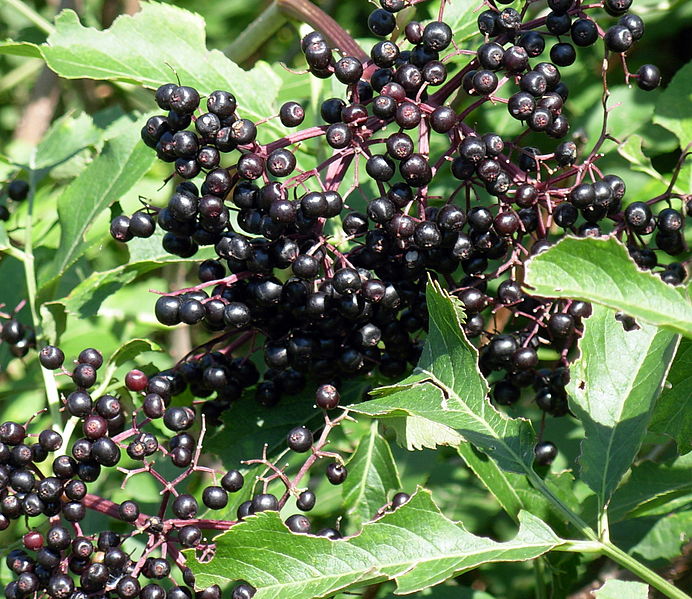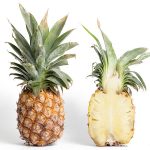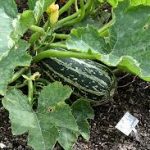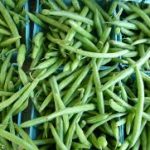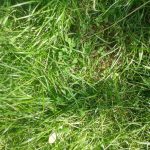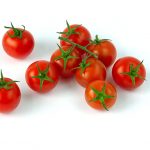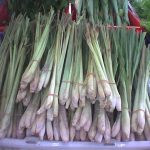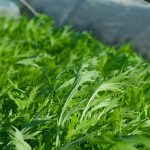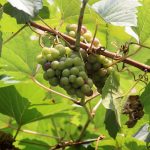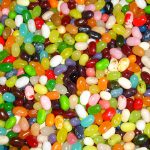Elderberries are grown in temperate to subtropical regions of the world appearing more in the northern hemisphere. They are widely grown for their leaves, flowers and fruit.
Most species of Sabcucus berries are edible when picked ripe and then cooked. Both the skin and pulp can be eaten.
(source: Wikipedia)
Lets take a look at their nutritional data and find out a little more.
In particular, their acidic, sugar, calcium, phosphorus, and fat content are particularly pertinent to guinea pigs.
Energyt305 kJ (73 kcal)
Carbohydratest18.4 g
– Dietary fibert7 g
Fatt0.5 g
Proteint0.66 g
Watert79.80 g
Vitamin A equiv.t30 μg (4%)
Thiamine (vit. B1)t0.07 mg (6%)
Riboflavin (vit. B2)t0.06 mg (5%)
Niacin (vit. B3)t0.5 mg (3%)
Pantothenic acid (B5)t0.14 mg (3%)
Vitamin B6t0.23 mg (18%)
Folate (vit. B9)t6 μg (2%)
Vitamin Ct36 mg (43%)
Calciumt38 mg (4%)
Iront1.6 mg (12%)
Magnesiumt5 mg (1%)
Phosphorust39 mg (6%)
Potassiumt280 mg (6%)
Zinct0.11 mg (1%)
(source: Wikipedia)
As you can see they do contain some phosphorus, a little calcium, have a hint of fat and are a little acidic.
However, they do contain a lot of vitamin c which is great for guinea pigs.
So guinea pigs can eat elderberries and they are pretty good for them. Every two to three days would suffice but because of the of their phosphorus and acidic content they cant be eaten everyday.

